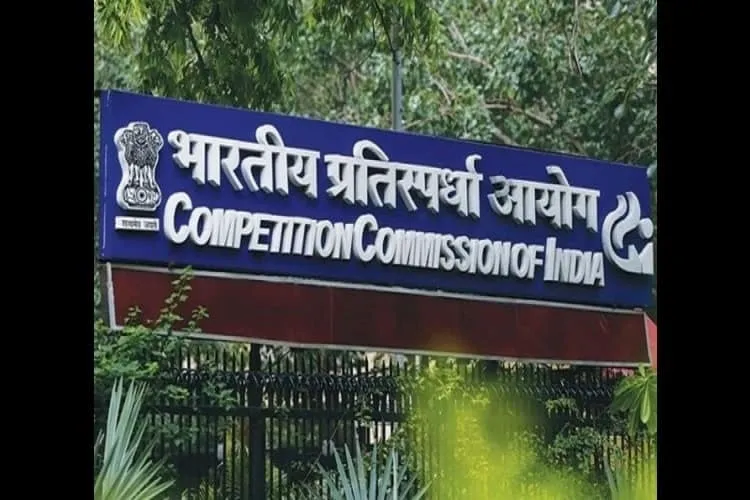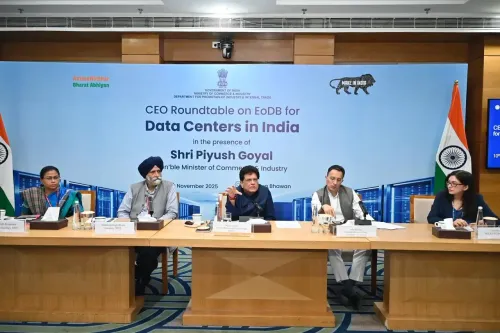Could CCI Settlement Regulations Enhance Business Operations in India?

Synopsis
Key Takeaways
- Potential for significant transformation of competition law in India.
- Importance of clarity and predictability in settlement regulations.
- Role of technology in enhancing regulatory efficiency.
- Need for a transparent and fair settlement process.
- Consistent oversight post-settlement is crucial for effectiveness.
New Delhi, Nov 10 (NationPress) The Competition Commission of India’s settlement regulations hold the potential to revolutionize the nation’s competition law framework and significantly enhance the ease of doing business, according to a recent report.
As per the findings from the policy research entity Policy Consensus Centre, the newly established settlement regulations can facilitate time-bound resolutions; however, their effectiveness will rely on clarity, predictability, and proportionality during implementation.
During a high-level discussion regarding the optimization of the new settlement laws, the Policy Consensus Centre highlighted that the recent settlement involving Google, after an extensive investigation, illustrates the practical advantages of such mechanisms in achieving timely compliance.
“For smaller businesses, prolonged litigation could be detrimental. While larger corporations might withstand the costs and delays, MSMEs often face insurmountable challenges,” stated Nirupama Soundararajan, co-founder and CEO of Policy Consensus Centre.
A transparent and equitable settlement process can provide prompt closure, maintain business continuity, and promote fairness in rapidly evolving digital markets, she further added.
Shriram Subramanian, Founder & Managing Director of InGovern Research Services, underscored the importance of technology in enhancing regulatory efficiency. “The CCI can utilize AI tools to analyze data swiftly, minimize repetitive requests, and optimize hearings. A unified data collection process along with more virtual proceedings could enhance turnaround time significantly,” Subramanian remarked.
Neelambera Sandeepan, Partner at Lakshmikumaran & Sridharan Attorneys, emphasized that the efficacy of the CCI in realizing the benefits of settlement will depend on the robustness of its investigative processes.
She pointed out that the experience of SEBI demonstrates that detailed, evidence-based inquiries can be conducted within clearly defined timelines, thereby augmenting both credibility and efficiency.
“For the settlement framework to be truly effective, competition orders must be rooted not just in legal arguments but also in sound economic principles,” asserted Madhav Dar, Director at Numerays Consulting.
Arindam Goswami from PCC emphasized the necessity for consistent oversight and post-settlement assessments to ensure deterrence and foster behavioral change.









